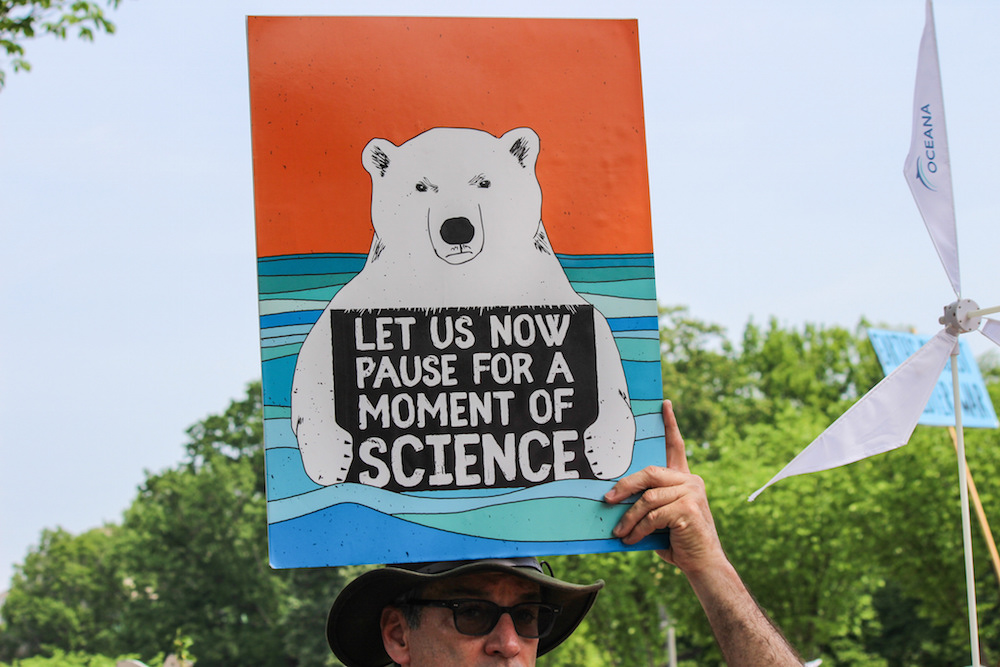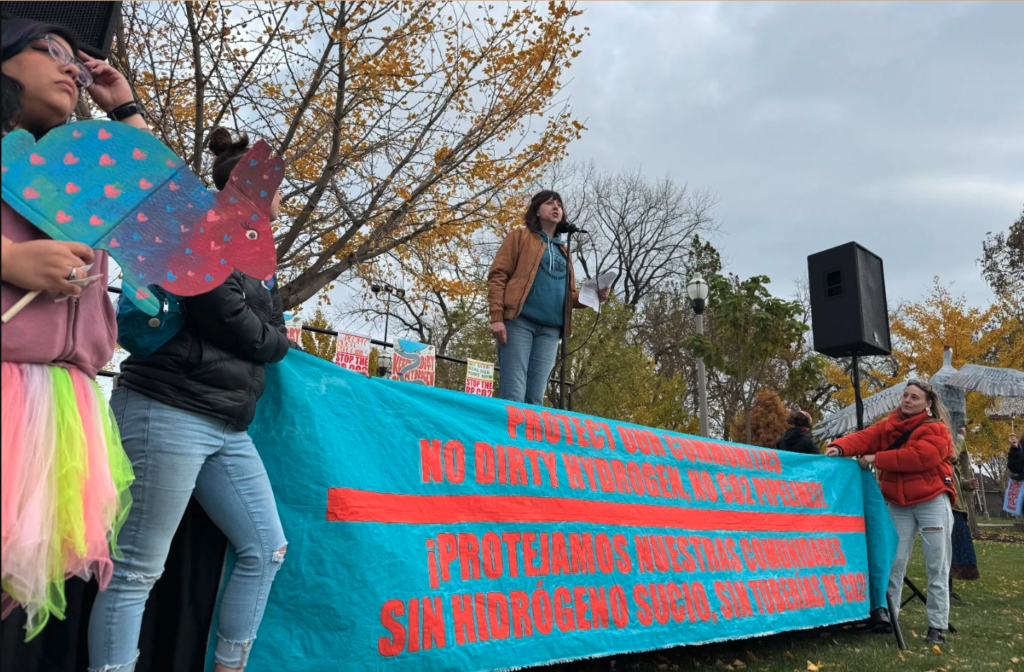This is a guest post by ClimateDenierRoundup
It goes without saying that peer review is an important safeguard against shoddy pseudoscience. Peer reviewers are so vital to the scientific endeavour that they recently got their own monument!
But peer review is not a perfect process. It’s necessary to ensure quality science, of course. But sometimes peer review goes wrong. For example, a journal whose editor is a climate denier with ties to Heartland recently published a paper claiming to refute the greenhouse theory. The paper is so bad that one scientist told DeSmog it is “laughable,” in part because the paper takes issue with the fact that greenhouses have glass roofs, and the atmosphere does not.
Seriously.
So although deniers try to downplay the importance of the consensus to claim that a vast global conspiracy keeps their work out of peer-reviewed journals, it’s not impossible for their shoddy science to get published.
Most recently, Daily Caller’s Michael Bastasch, our favorite Koch operative masquerading as a reporter, covered a new study by “veteran statistician Stan Young” claiming to “expose huge flaws in EPA science.” Surprisingly, Bastasch included a number of reasons to question the accuracy of the study.
The post starts with an indication that Young’s study had been shopped around for three years before being peer-review published. Bastasch also includes a quote from reviewers who rejected the study from other journals, and a surprisingly lengthy section about the EPA’s decades-old establishment of the lethality of PM 2.5 pollution.
Bastasch mentions that the backstory on the struggle for this paper to pass peer review comes from a book, Scare Pollution. For some reason, he fails to mention that this book is written by Steve Milloy, the guy who wrote columns for Fox News until it was revealed that he was a tobacco industry lobbyist before becoming a fossil fuel booster. While Milloy does not appear to be an author of the study, he refers to it on his site JunkScience as “My California study” (the research is based on California health info).
The Milloy connection hints at the backstory behind the study, which is an attempt to debunk the seminal Six Cities study from Harvard that established the link between pollution and mortality. Because of its use by the EPA as a justification for regulations, the Six Cities study has long been a target for anti-EPA and pro-industry forces, particularly Lamar Smith.
While we haven’t yet dug into the details of the study, we hope some of you smart people do soon. It will likely make an appearance in Congress the next time someone wants to argue against EPA regulations.
And when even their denier peers include multiple red flags about how it struggled to pass peer-review, it shouldn’t be too hard to debunk this study purporting to debunk decades of studies.
Main image: A moment of science from the People’s Climate March. Credit: Joe Flood, CC BY–NC–ND 2.0
Subscribe to our newsletter
Stay up to date with DeSmog news and alerts







